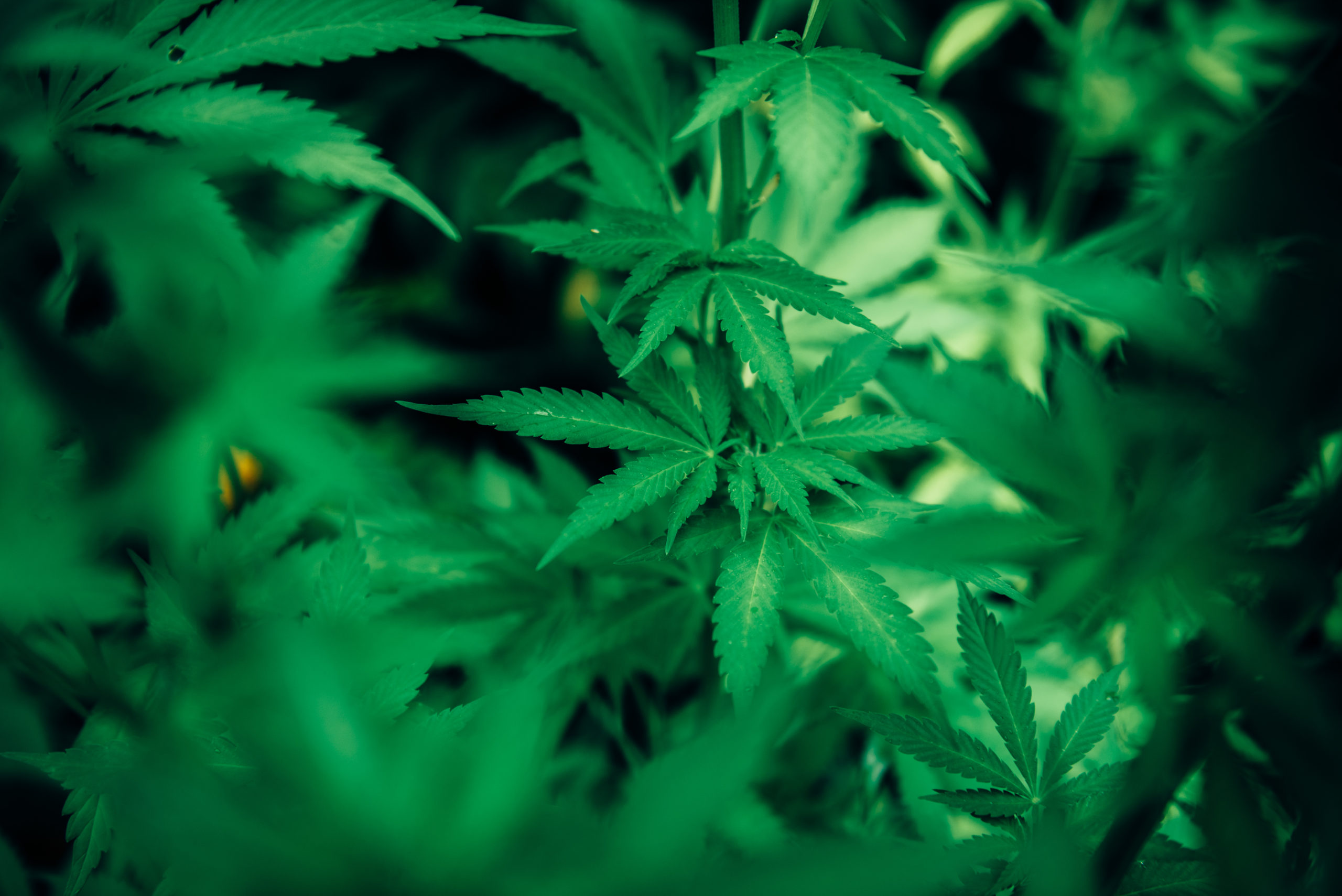With the legalization of recreational marijuana use in mid-October, employers are starting to ask questions about their internal policies and how they will be addressing this issue. Interestingly, though, a significant part of the conversation is actually not about recreational use but rules surrounding medicinal consumption.
Medicinal has been around for a while now. But the number of people affected as relatively small, which meant many employers simply didn’t have to worry about it because they didn’t encounter the issue. The arrival of recreational use, though, affects all of us and every employer is now facing policy questions: Will we treat it the same as booze in the workplace or will we expand the scope of our rules?
That seems straightforward enough – if you’re impaired at work, whether from booze or weed – you are in violation. But that’s what has triggered all the conversation around medicinal. It is a prescription and differs from booze, which, to the best of my knowledge, has never been prescribed by a doctor to ease the symptoms of a health problem.
Oh, the complications. Given that marijuana can stay in the blood stream for weeks, even medicinal use can be problematic. But then again, we don’t penalize workers who are taking other prescription meds, even ones that caution about drowsiness or operating equipment.
So here we are digging more deeply into the implications medicinal marijuana use when the only real change that is headed our way relates to recreational use. Sometimes it just takes time for an issue to come full circle.
The best information I’ve seen on this comes from an employer’s guide prepared by Colin Rooke at Butler Byers Insurance in Saskatoon. It offers a long list of questions an employer can explore in the pursuit of figuring out just how to handle this new reality.

